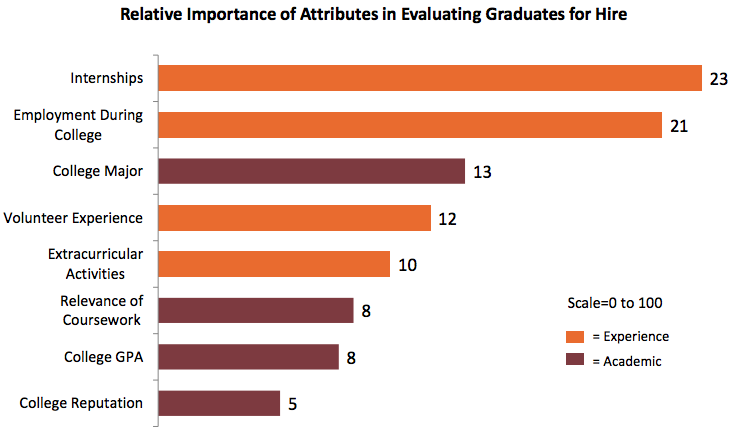In the previous post, I spent some time digging into why the major your choose in college probably won't matter all that much to your future employers. Most students really don’t need to know definitively what they’re planning to study during college in the U.S.
So if you’ve been feeling pressure to decide, you can let that go. However, there is still a question worth asking:
How does major factor into the admissions process?
The most obvious impact is when you have made your mind up and are applying to direct-entry programs with limited spaces. Many colleges that offer bachelor’s degrees in areas like engineering, architecture, nursing, pharmacy, business, or the visual/performing arts often require students to apply directly into those programs, adding more stringent standards and in-depth application tasks in the process.
There is also the issue, more broadly, of programs or campuses that are considered to be impacted, meaning that they consistently receive more applications than they have spots available for some or all degree programs. Here in California, most majors within the Cal State University system are officially impacted for first-time freshmen, and most of the more popular campuses are impacted across the board.
Both examples above are purely a matter of numbers. But, for students who are considering a course of study in traditional liberal arts programs where spaces are plentiful, what does major matter to the admissions process?
In my experience, starting to think about the subjects you want to study — and WHY you want to study them — is the first step in taking the reins in planning your future as an independent adult.
Researching the programs out there — learning what they have to offer, what subjects resonate with you, how those subjects play to your strengths but also fulfill your needs — and communicating your findings and thought process through your application says a lot about you.
You're thinking ahead. You're taking control, exercising self-awareness. You're striking up a balance between moving in a more defined direction while also leaving yourself the flexibility to recalibrate the trail you're blazing as you learn more about the person you are.
To admissions committees, on top of everything that you're conveying about your character, you're also providing evidence for why the fit is right.
And as always with admissions, fit is everything.
Why is XX college right for you? What are you prepared to make out of the experience?
Why are you right for XX college? What will you bring to their community? Why are you someone that admissions officials should bet on, literally staking their jobs on the likelihood that you will not only choose to attend, but that you will be successful at — and contribute to the overall success of — their institution?
There are many different factors in determining fit, but remember that college is, first and foremost, an academic experience. Often the best way of making the case that you belong on a certain campus begins with how you will make that academic experience your own.
So dive into your online research. Head to the course catalogs for your top-choice schools and starting reading through the classes offered in the subject areas that interest you. Learn what kinds of research or industry initiatives the professors are engaged in. Beyond the introductory courses, what courses would you elect to take as you advance through a program of study? What professors would you like to work with on a more personal level, and why?
Again, there is no need to make any hard and fast decisions about your future direction of study. This is about having fun with a thought exercise, playing out a couple of your potential academic paths based on what you know about yourself right now. The way that you consider your interests and how they resonate with what you’re turning up in your research is just as important as what.
Many colleges will then give you the space to articulate some of your findings in the supplemental writings section. Have a look at a few examples below so that you can start to factor this dimension into your college research:
How do you imagine yourself living and learning at Bard?
How did your interest in Oberlin develop and what aspects of our college community most excited you?
Which aspects of Tufts' curriculum or undergraduate experience prompt your application? In short: "Why Tufts?"
Describe how you plan to pursue your academic interests at USC. Please feel free to address your first- and second-choice major selections.
Describe something outside of your intended academic focus about which you are interested in learning.



































